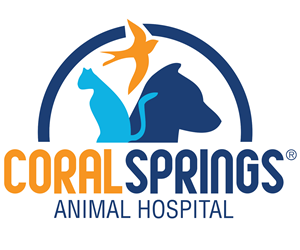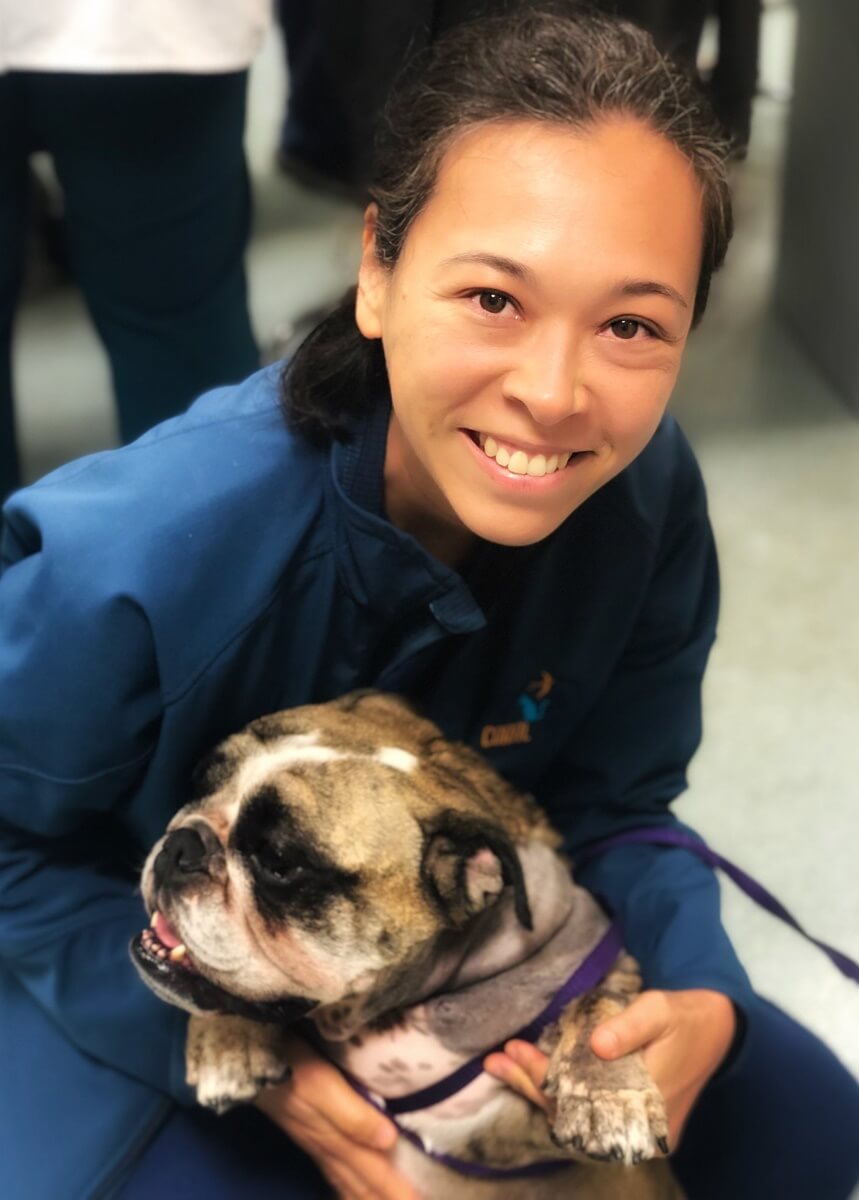Specialty Surgery Veterinary Services in Coral Springs, FL
Board Certification for Veterinary Surgeons
Our surgeon is Board Certified (Diplomates of the American College of Veterinary Surgeons). The term “ACVS Diplomate” refers to a veterinarian who is Board Certified in Veterinary Surgery. Only veterinarians who have successfully completed the certification requirements are Diplomates of the American College of Veterinary Surgeons (ACVS) and have earned the right to use the title Specialists in Veterinary Surgery.
To become Board Certified, Veterinarians must finish a three-year residency program, complete specific training with caseload requirements, perform research and have it published. The American College of Veterinary Surgeons’ board supervises this entire process to ensure consistency in training and adherence to high standards. Upon completion of the residency, the resident must pass a rigorous exam. After this long process, the veterinarians have earned the prestigious title of ACVS Diplomate.
The surgeon at the Coral Springs Animal Hospital perform a wide variety of soft tissue, orthopedic procedures, and minimally invasive surgeries. Our surgeon collaborates with the other specialists at Coral Springs Animal Hospital in Oncology, Radiology, and Rehabilitation and Sports Medicine, to provide comprehensive care for your pet. Your pet’s recovery will always be monitored by veterinary staff, even after hours – in our after-hours animal hospital ICU.
Availability for Cat or Dog Surgery
Regular appointments and scheduled surgeries are available Monday – Friday.
We typically have surgeon on call in our after-hours animal hospital for any emergency surgical needs that may arise 24/7/365.
Soft Tissue Cat Or Dog Surgery Includes:
- Thoracic (chest cavity) surgery: removal of lung tumors, diseased pericardial sacs (lining around the heart), biopsies for diagnosing thoracic disease, and traumatic wounds.
- Laryngeal paralysis surgery
- Perineal urethrostomy (for relief of urinary blockage for recurrent blockage or other urethral problems)
- Abdominal surgery: removal of foreign bodies from the gastrointestinal tract, removal of stones from the gall bladder, urinary bladder, and upper urinary tract, correction of liver shunts, removal of the gallbladder, and other liver and biliary surgery.
- Oncologic surgery: removal of tumors located anywhere inside or on the body.
- Minimally invasive techniques (thoracoscopy, laparoscopy, arthroscopy, and fluoroscopy) are utilized when possible to increase visualization and decrease recovery time and postoperative pain. Very valuable in elderly patients.
- Gastropexy: this procedure helps to prevent Gastric dilatation and volvulus (GDV) (to prevent the stomach from twisting causing bloat in dogs).
Orthopedic Surgery Includes:
- Fracture repairs
- Bone plating, locking plates, external fixation (closed repairs using fluoroscopy), certain angular limb deformities.
- Ligament and tendon repairs
- Procedures to address torn cranial cruciate ligaments including TPLO, and extracapsular repair using lateral sutures.
Post-Operative recovery will always be monitored by highly skilled veterinary staff including after-hours in our afterhours animal hospital ICU.
Multimodal pain control is the goldstandard for pain management, especially after any dog surgery. The use of opioids in combination with local blocks and epidural helps control pain during and immediately after surgery. A combination of non-steroidal anti-inflammatories, opioids, and other medications such as gabapentin are often used after surgery to help your pet feel comfortable at home during recovery. We also work with new medications such as Nocita (liposomal encapsulated bupivacaine) that can help provide pain control up to 3 days after surgery. This new medication is long-acting local anesthetic that is used during dog surgery for the knee, such as TPLO, for cranial cruciate ligament surgery. All surgical patients will have their pain monitored by highly skilled veterinary staff including afterhours in our after hours animal hospital ICU.
Our state-of-the-art diagnostic capabilities such as digital radiography, fluoroscopy, computed tomography (CT), and magnetic resonance imaging (MRI) helps us to diagnose and treat diseases such as intervertebral disk extrusion (IVDD), osteochondritis dissecans (OCD), elbow dysplasia among others. Moreover, the combination of these modalities with state-of-the-art surgical equipment allows us to perform minimally invasive procedures for dog surgery such as arthroscopy for the treatment of OCD and elbow dysplasia.

